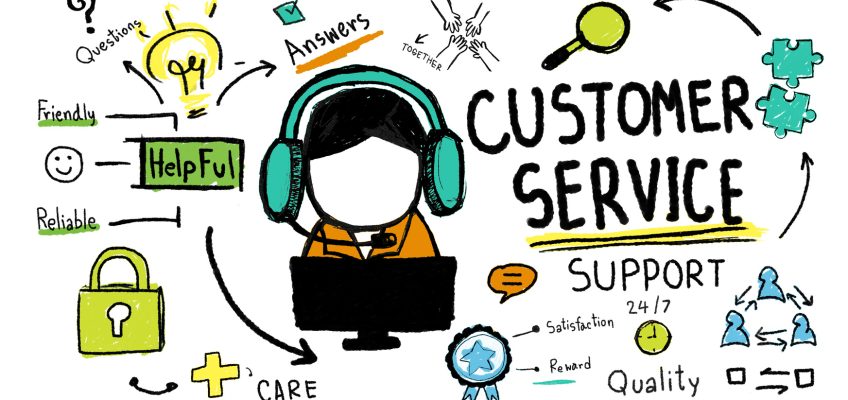Cooperative Wisdom can show up in the most unexpected places. Recently, I had to make two customer service calls. Nobody enjoys these calls. They happen only when something has gone amiss. In one case, a radio that was supposed to get reception from a satellite gave endless error messages when I tried to set it up. In the other, a small table arrived with all the pieces and no hardware to hold them together.
The radio came directly from from the satellite company’s website, so it seemed the problem would be easily solved. When the information on the website proved inadequate, I located the well-hidden number for tech support and dialed. The first representative had a limited range of solutions to offer. I’d tried all of them already so I asked for a supervisor who, it turned out, had the same suggestions.
She passed me to a third person who started with the same script and eventually decided my radio was incompatible with my subscription. After waiting on hold for a fourth time, a sales representative explained that, for an additional $100, she could make my radio work. I decided instead to canceled my existing subscription and return the radio. Then, I spent an hour imagining all the vengeful things I could write online.
Sustainable Relationships with Customers
Once I calmed down, I realized my experience was a textbook case of how relationships become unsustainable when people don’t practice Cooperative Wisdom. Like many relationships, my interaction with this company started simply—I wanted to listen to music; the company had radios and satellite service for sale. I completed my part of the transaction by paying for the radio and the subscription service. When the radio didn’t function as I expected, the stage was set for conflict. The relationship would have been sustainable if my willingness to pay was matched by their willingness to provide a radio compatible with my subscription. Instead, an interaction that could have created lasting mutual benefits sent me rummaging in my closet to find an old-fashioned, airwave radio.
Contrast that with the other company which I will name because their customer service seemed as if it had been designed by someone who read–and practiced–Cooperative Wisdom. Overstock is famous for selling “extra” stuff at lower than usual prices. They had a simple, pleasant-looking end table just the size for the space I had available. When it arrived without hardware, I was, of course, dismayed. Again, I had fulfilled my part of the transaction by paying for the product. The question was whether benefits would be mutual.
Despite my experience with the other company, I decided to call customer support in part because the phone number was prominently displayed on the website. Someone answered instantly and cheerfully. She listened to my problem and, without ever asking me to hold, she offered to have the hardware sent to my address as soon as possible. The process took five minutes and left me feeling as though what mattered to me—having a table that could be assembled—mattered to this woman and the company that employed her.
Acknowledging Cooperative Wisdom Wherever It Appears
That, of course, is the essence of Cooperative Wisdom. Human relationships, including relationships between retailers and their customers, are sustainable only when both parties feel their needs have been taken seriously. By having a customer service representative who was courteous, informed and empowered to take action, Overstock made it clear that they wanted their relationship with me to be sustainable. For my part, I’m willing to shop with them again because I have confidence that, even if something goes wrong, they will do everything they can to make it right.
Like so much of what we call Cooperative Wisdom, this is a simple lesson that is easily forgotten: If we hope to have ongoing relationships with clients, customers, constituents or even members of your own family, we must take their needs as seriously as we take our own! And there’s a second lesson too. Cooperative Wisdom is a choice worth celebrating wherever it appears because it leads to lasting relationships that are mutually rewarding. When you see examples of Cooperative Wisdom in your own life, I encourage you to acknowledge them–and share them with us!
Cooperative Wisdom is available from Amazon, Barnes & Noble and Kobo.


Leave a Reply